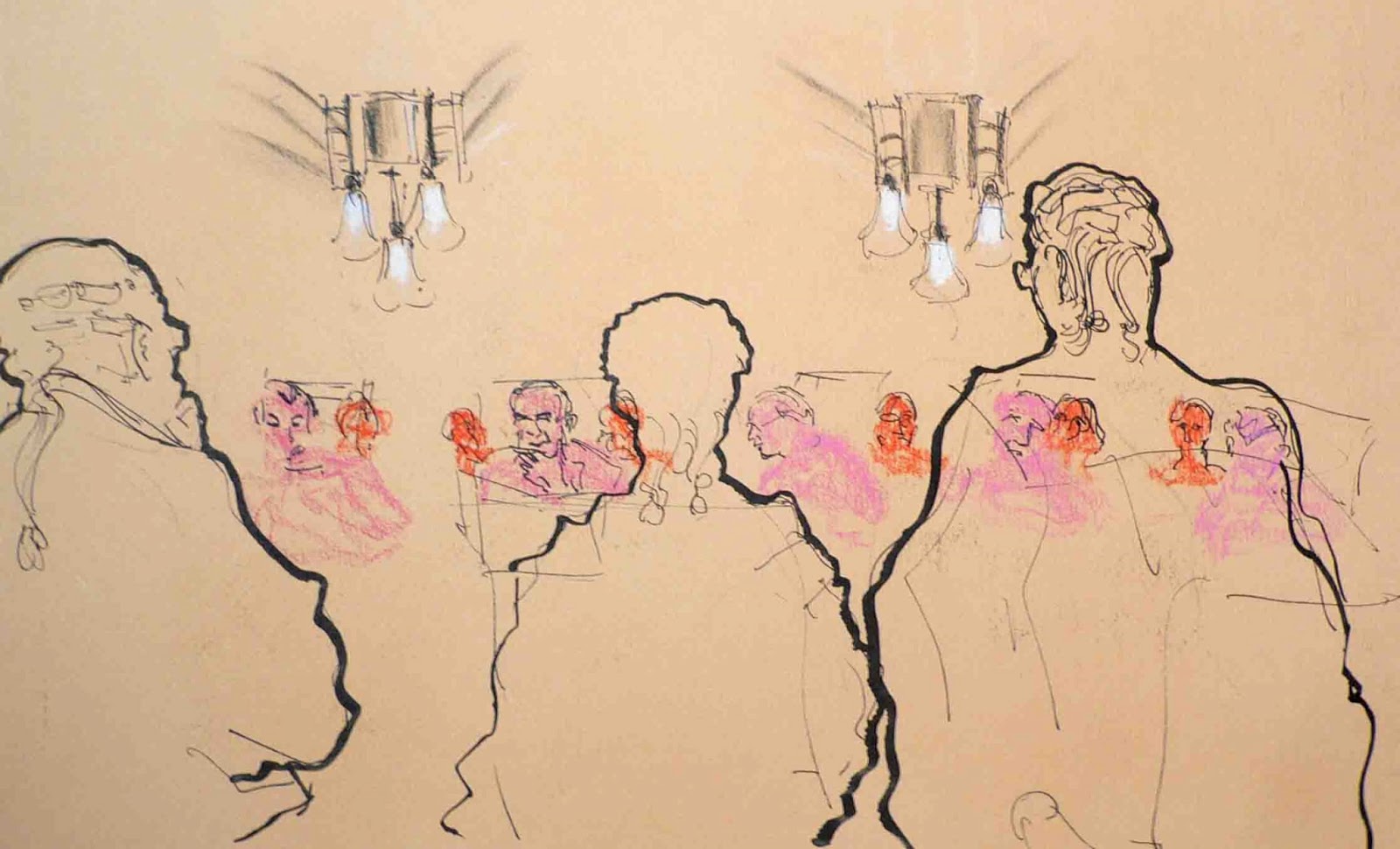The biggest police corruption trial in the UK collapsed under the pressure of having to deal with almost one million documents gathered over 25 years, according to two reports published this week.
Eight police officers accused of fitting up the so-called ‘Cardiff Three’ for the murder of prostitute Lynette White in 1988 walked free in 2011 after the case collapsed when the court was told that vital documents were destroyed. Only a month later the documents were discovered by Detective Chief Superintendent Christopher Coutts .
Lynette White was brutally murdered on February 14th 1988. In November 1990 Stephen Miller, Tony Paris and Yusef Abdullahi were convicted of her murder and sentenced to life imprisonment. In December 1992 the Court of Appeal quashed those convictions. Almost 10 years later, advances in DNA techniques led to the arrest of Jeffery Gafoor who, in July 2003, pleaded guilty to the murder of Lynette White.
- You can read the journalist Satish Sekar on the Cardiff 5 cases on the www.thejusticegap.com and in the latest collection of essays (No Defence: lawyers and miscarriages of justice) HERE. Sekar is the author of The Cardiff Five: Innocent beyond any doubt which is published by the Waterside Press (‘One of the most important books ever written about criminal justice,’ Michael Mansfield QC) – see HERE. He uses ‘Cardiff Five’ rather than ‘Cardiff Three’ because (he explains) ‘John and Ronnie Actie are no less innocent than Yusef Abdullahi, Stephen Miller and Tony Paris.’
- Contributors for No Defence include Eric Allison; Dr Ros Burnett; Prof Ed Cape; Dr Dennis Eady; Francis FitzGibbon QC; Mark George QC; Andrew Green; Campbell Malone; Michael Mansfield QC; Mark Newby; Daniel Newman; Paul May; Dr Angus Nurse; Correna Platt; Julie Price; Dr Hannah Quirk; David Rose; Adam Sampson; Satish Sekar; and Tom Wainwright. Thanks to all. You can download that collection below.
Bland assurances
‘The terms of reference of these inquiries were grossly inadequate,’ comments Satish Sekar. ‘They did not include the role of the judge – and were always going to be a waste of time and resources, but they have served their actual purpose, which was to make the case of the Cardiff Five a historic one and avoiding an independent review of the whole case. Only a Truth and Justice Commission into the whole case – a unique travesty of justice – can establish what went wrong and prevent it happening again.’ A public inquiry limited to ‘the collapse of the police corruption trial’ is ‘nowhere near good enough’, he adds
The journalist points to the court being misled about the destruction of documents led to the trials collapsing. ‘On any reasonable view, it is plainly misconduct and no amount of bland assurances that it is not will suffice,’ he says.
South Wales Police had referred itself to the Independent Police Complaints Commission (IPCC) and the Director of Public Prosecutions had also ordered Her Majesty’s Crown Prosecution Service Inspectorate (HMCPSI) to review the case. Both reports based were published simultaneously and raised concerns about disclosure.
The IPCC investigation found that police officers ‘did not order their destruction but that recording errors made by the police in 2009 meant they were difficult to retrieve from the system when required’. IPCC Commissioner Sarah Green concluded ‘on the balance of probabilities’ that no instruction was given by the senior investigating officer, or any other officer, to destroy the documents. ‘I have concluded that these mistakes should be considered performance issues and I have recommended that three officers should receive management action regarding proper disclosure processes. However, I agreed in the circumstances – including that these mistakes were made in the context of the volume of over 800,000 pages of documents required to be processed – that they did not warrant formal misconduct proceedings.’The director of public prosecutions Keir Starmer, responding to the HMCPSI report, said that ‘the importance of proper disclosure cannot be understated’. ‘In the most difficult cases, prosecutions will stand or fall on the quality of disclosure, and failings can leave the court with no choice but to acquit defendants who have a case to answer,’ he added.
‘The case of Mouncher and others (the Swansea trial) was an incredibly complicated prosecution, involving close to one million pages of material generated over almost 25 years of criminal proceedings, which failed due to significant issues around disclosure.‘
Keir Starmer






